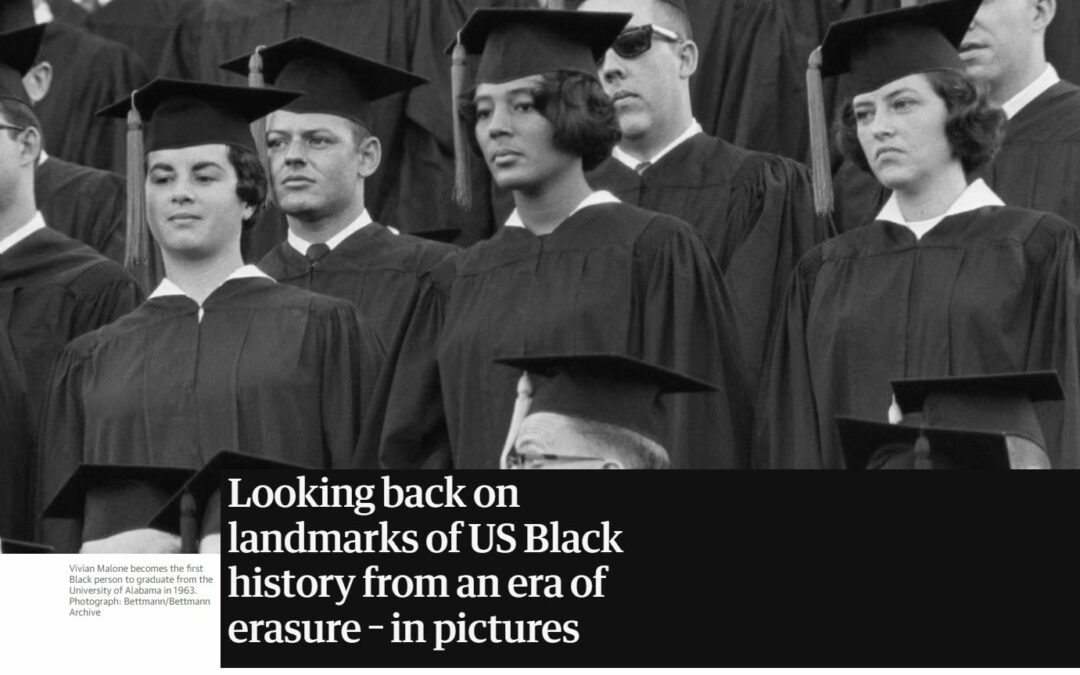A new book offers US students a way to learn about Black history through images amid a campaign to roll back diversity and inclusion programs
Amid an aggressive campaign to roll back diversity and inclusion programs, which could bring a more forceful implementation of the banning of African American history in some public schools, a new book seeks to do the opposite.
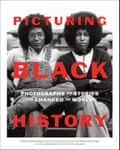
- Picturing Black History.
Picturing Black History: Photographs and Stories That Changed the World, released last month, offers American students an alternative way of learning about Black history through images. “Photography allows us to see a representation of what people might already discuss in a classroom, in terms of repression and violence, but also in terms of other elements of Black joy and imagination,” said Damarius Johnson, a co-author of the book and the former managing editor of the Picturing Black History initiative. Along with his co-authors, Nicholas B Breyfogle, Steven Conn and Daniela Edmeier, Johnson sees the book as “really valuable in showing that African Americans have been part of that history since the beginning”.
The book features more than 250 photographs, some never before seen, that tell untold stories of the Black experience in America and around the world. Johnson hopes the pictures will inspire future generations to capture the everyday happenings around them. Below is a selection of some of the images featured in the book.
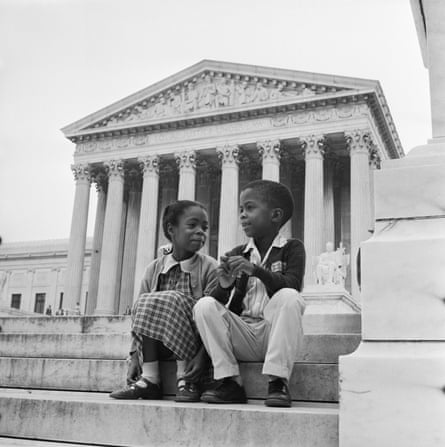
- Children sit in front of the supreme court, which was hearing arguments about the integration of Little Rock schools, in 1958.
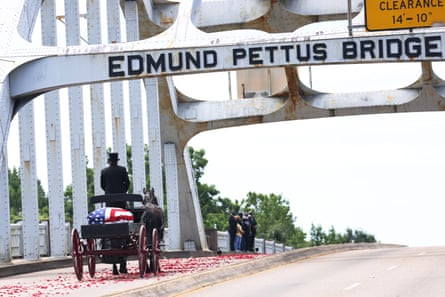
- A horse-drawn carriage carrying the body of the civil rights leader John Lewis crosses the Edmund Pettus Bridge on 26 July 2020 in Selma, Alabama.
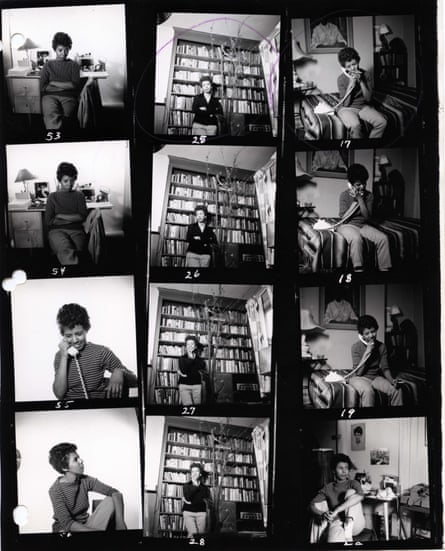
- David Attie’s original contact sheets of the playwright Lorraine Hansberry, the first Black woman to write a Broadway play, titled A Raisin In The Sun in April 1959.
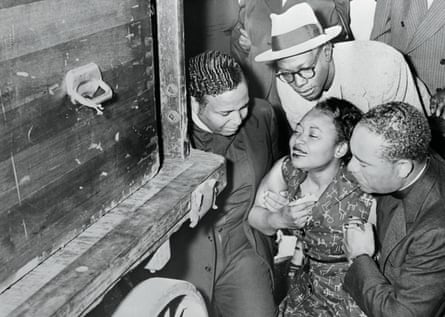
- Mamie Till-Bradley weeps as the body of her murdered 14-year-old son, Emmett Louis Till, arrives at Chicago Rail Station in Illinois, on 2 December 1955.
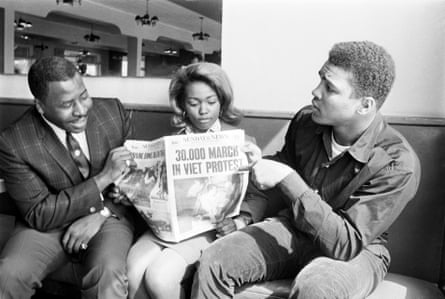
- Muhammad Ali points to a newspaper headline to show he is not the only one protesting against the Vietnam war on 28 March 1966.
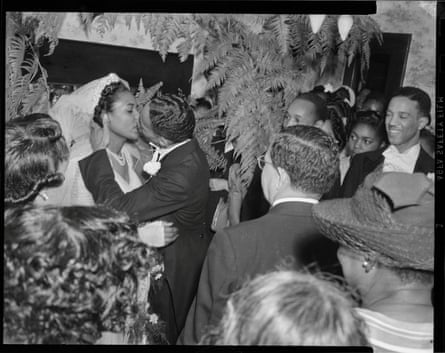
- A bride, Lilas King, being kissed by her groom, Clarence Morton, in May 1941.
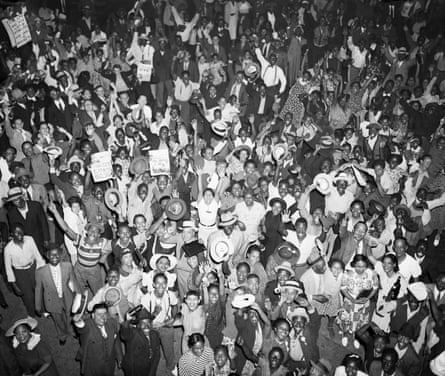
- Harlem crowds celebrate Joe Louis’s victory over Max Schmeling on 22 June 1938.

